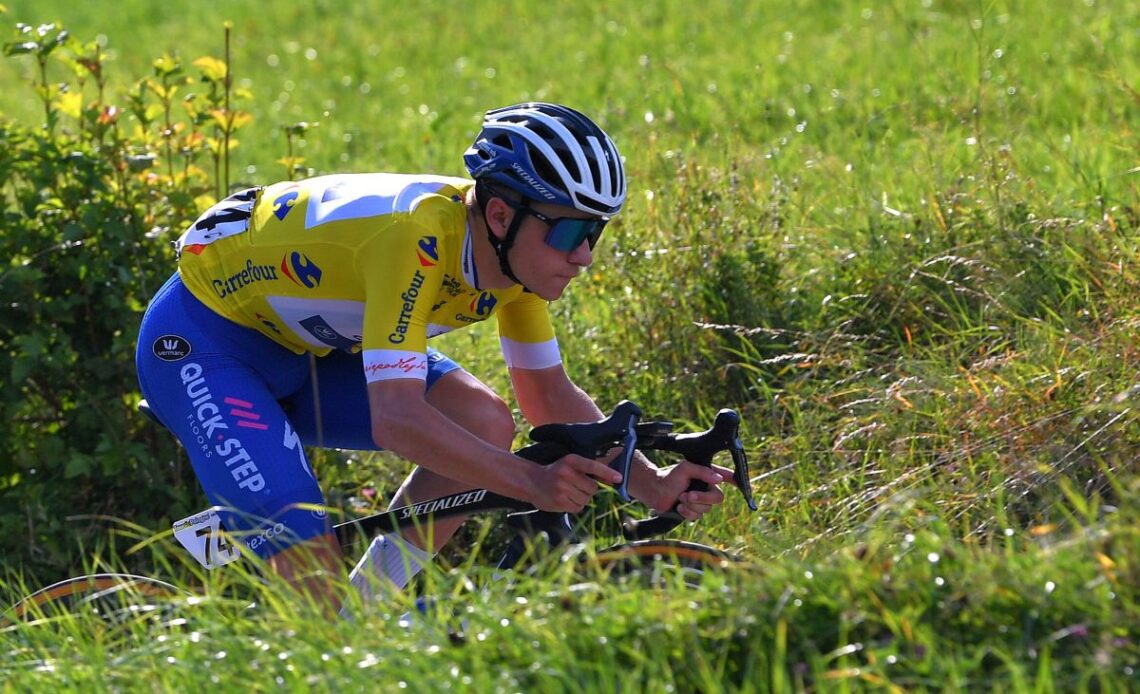Twenty years ago this August a young Spaniard named Alberto Contador scored the first ever win of his career in a time trial of the Tour de Pologne. It was his first year as a pro, and on a 19-kilometre course between Jelenia Gora and Karpacz, Contador – who would go on to conquer the Tour de France and Giro d’Italia twice and the Vuelta a España three times – was a full 19 seconds faster than his closest pursuer, the seasoned Polish pro and overall winner Cezary Zamana.
A quick glance back through the history of the Tour de Pologne shows that it has a lengthy tradition of bringing forward young champions such as Contador into the limelight. In recent years, top riders who have won Pologne outright as one of their early stepping stones for their career range from Dan Martin in 2010 and Peter Sagan in 2011 to Dylan Teuns in 2017, Pavel Sivakov in 2019, Remco Evenepoel in 2020 and Joao Almeida in 2021.
Last year’s race was a case in point. Olav Kooij (Jumbo-Visma), considered one of Holland’s top up-and-coming sprinters, used Pologne to take his first WorldTour victory in stage 1 into Lublin last year. Equally, Dutch allrounder Thymen Arensman scored his first pro triumph there in the decisive time trial, aged just 22, ahead of American Magnus Sheffield, himself only 21. Meanwhile, in the GC battle, gifted young Briton Ethan Hayter (Ineos Grenadiers) claimed his first WorldTour stage race at 24 ahead of Arensman.
In many ways, you could argue the Tour de Pologne is like a central European equivalent of the Tour de l’Avenir, France’s top race for riders aged 23 and under, which is also held in the summer.
The key difference, perhaps, is that Pologne, as an established WorldTour race since 2005, is open to riders of all ages but operates at the highest level of cycling. That arguably renders Pologne a tougher race to win for up-and-coming talent, despite being two days shorter than the Tour de l’Avenir and far less mountainous.
The historical tradition of Pologne favouring younger riders is a long one, given that until the fall of the Iron Curtain in 1989, Poland’s leading bike race was only open to amateurs – although once again, the presence of more seasoned veterans even back then made it much tougher to succeed.
That did not stop Dariusz Baranowski, though, in 1991 when aged 20 he took the first of three straight victories in his home race. His first two wins were…
Click Here to Read the Full Original Article at CyclingNews RSS Feed…

